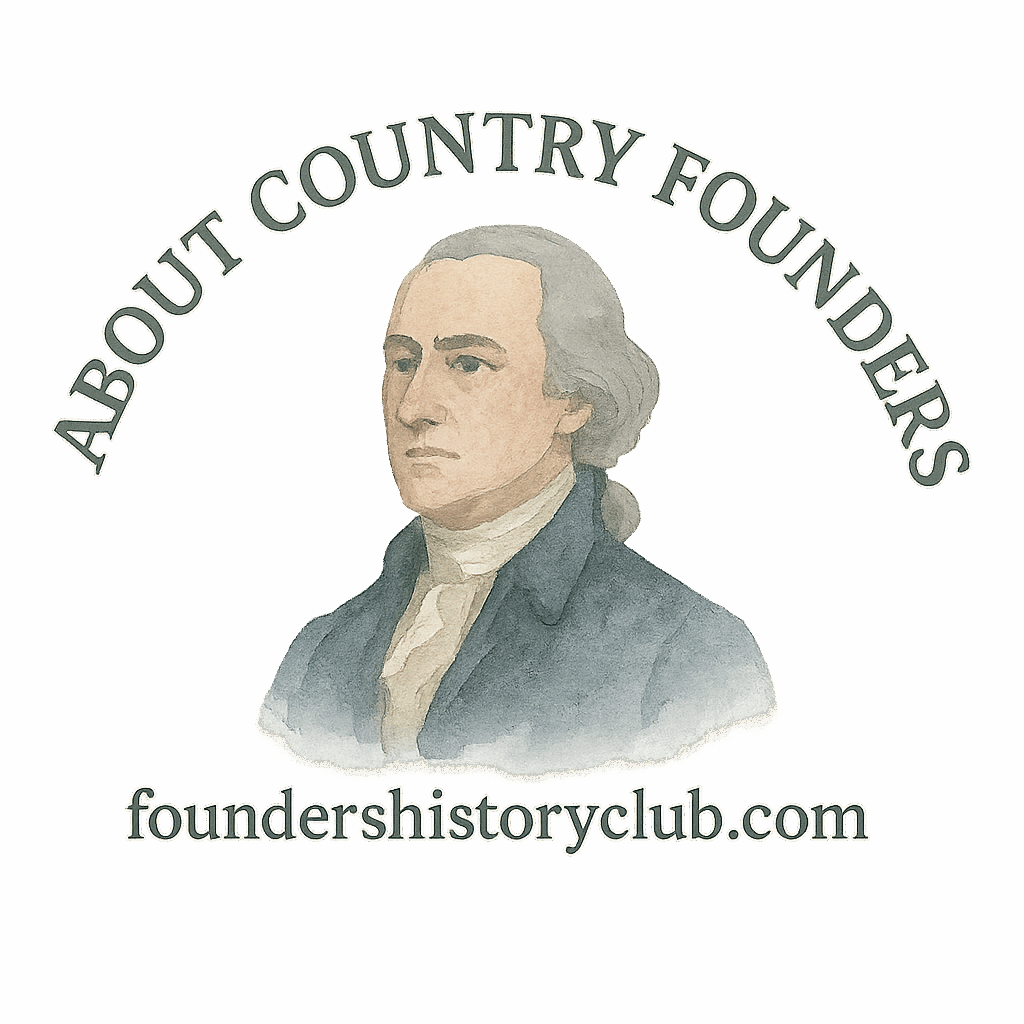Introduction
Ever wondered who laid the foundation of modern Africa? Some names echo through history louder than others. These founders weren’t just leaders — they were visionaries, revolutionaries, and the architects of their nations’ souls. In this article, we’ll explore seven trailblazing founders who truly changed the face of Africa.
So, buckle up as we dive into a story woven with passion, power, and legacy.
The Importance of Founders in African History
Shaping National Identity
Founders are more than just names in history books. They’re the sparks that ignited revolutions, the voices that stirred millions, and the minds that crafted national narratives. Across Africa, founders have played a central role in reclaiming identity from the shadows of colonization.
Resistance Against Colonialism
Colonial powers tried to erase cultures, rewrite histories, and redraw boundaries. But these founders resisted with words, actions, and dreams. Their leadership lit the fire of independence movements that spread like wildfire.
(Explore more on early history and independence leaders.)
1. Nelson Mandela – The Face of Freedom
Early Life and Political Awakening
Born in a small South African village, Nelson Mandela’s journey was anything but small. His early resistance to apartheid laws led him to the African National Congress (ANC), where his activism took flight.
Founding Democratic South Africa
After spending 27 years behind bars, Mandela emerged not with vengeance, but with hope. In 1994, he became South Africa’s first Black president, heralding the birth of the “Rainbow Nation.”
(See more on governance transformations.)
Legacy and Global Influence
Mandela’s leadership still serves as a global symbol of reconciliation and justice. His statue stands tall among many founder statues across the world.
2. Kwame Nkrumah – Ghana’s Visionary Architect
The Fight for Independence
Nkrumah led Ghana (then the Gold Coast) to become the first sub-Saharan African country to gain independence in 1957. He rallied the people with his electrifying cry: “Seek ye first the political kingdom!”
Pan-African Dreams
Beyond Ghana, Nkrumah dreamed of a united Africa. He believed in a continental government — a bold idea that still inspires African unity.
(Dive deeper into Pan-Africanism.)
His Lasting Impact
Though ousted in a coup, his influence endures, and his role is commemorated through national founders’ birthdays.
3. Haile Selassie – The Lion of Judah
Ethiopia’s Imperial Modernizer
Haile Selassie ruled Ethiopia through turbulent times, balancing tradition with modernization. His leadership helped preserve Ethiopian independence during the Scramble for Africa.
Role in African Unity
As a founding member of the Organization of African Unity, Selassie championed cooperation and sovereignty across the continent.
(Explore more founders by era and continent.)

4. Patrice Lumumba – Congo’s Martyr for Liberation
A Voice for the People
Lumumba’s rise was rapid — from postal clerk to Congo’s first Prime Minister in 1960. His passionate speeches made him a people’s hero.
The Tragic End and Historical Echoes
His assassination marked a dark chapter in African history. Today, Lumumba symbolizes the cost of independence and the pain of foreign intervention.
(Discover related content under controversy and revolution.)
5. Julius Nyerere – Teacher Turned Founder
Ujamaa and African Socialism
Nyerere, affectionately called “Mwalimu” (teacher), introduced Ujamaa — a socialist model rooted in African traditions.
Tanzania’s Peaceful Path
While economic success was mixed, Nyerere’s focus on unity and education helped build a cohesive nation out of diverse tribes.
(More under education legacy and borrowed ideologies.)
6. Jomo Kenyatta – The Founding Father of Kenya
Cultural Roots and Leadership
Kenyatta fused his Gikuyu heritage with nationalist fervor. Imprisoned during the Mau Mau Uprising, he later led Kenya to independence in 1963.
Nation-Building Legacy
As Kenya’s first president, he worked to modernize while preserving tradition. His leadership laid the groundwork for Kenya’s future governance.
(Learn more about founders by region and monarchy legacies.)
7. Samora Machel – Mozambique’s Revolutionary Flame
Armed Resistance and Independence
Machel led the Mozambique Liberation Front (FRELIMO) against Portuguese rule, gaining independence in 1975.
Post-Independence Governance
A fiery orator and socialist, Machel worked to reform education, land ownership, and health care before his untimely death in a plane crash.
(Explore revolutionary founders.)
How These Founders Influenced the Continent
Pan-Africanism and Continental Unity
Their collective vision extended beyond borders. They dreamed of an Africa that would rise united — politically, economically, and culturally.
Shaping Governance Models
Whether democratic, socialist, or monarchical, these founders experimented with governance systems to best serve their people.
(More insights under comparative governance.)
Controversy and Criticism of African Founders
Not every decision aged well. Some founders were accused of authoritarianism, nepotism, or economic mismanagement. But history often remembers them as complex figures — flawed, but courageous.
(Linked topics: constitutional monarchs, cultural memory.)
Conclusion
Africa’s founders were warriors, dreamers, and architects of nations. They changed the face of Africa not just by challenging colonizers, but by reimagining what Africa could be. Their legacies continue to shape politics, identity, and memory across the continent.
By understanding these towering figures, we gain deeper insight into the continent’s soul — and maybe even our own role in carrying forward the torch they lit.
(Visit Founders History Club for deeper explorations of legacy, revolution, and influence.)
FAQs
1. Who was the first African country to gain independence?
Ghana was the first sub-Saharan African country to gain independence in 1957, led by Kwame Nkrumah.
2. Why is Nelson Mandela considered a founder?
Because he led South Africa out of apartheid into democracy, unifying a deeply divided nation.
3. What is Ujamaa in African politics?
Ujamaa was Julius Nyerere’s model of African socialism emphasizing community and self-reliance.
4. Was Patrice Lumumba assassinated by foreign powers?
Yes, his death involved CIA and Belgian interests, as his anti-colonial stance threatened Western control.
5. What does Haile Selassie’s legacy mean today?
Beyond Ethiopia, he’s a symbol of resistance and African unity — even worshiped in Rastafarianism.
6. How did Jomo Kenyatta unite Kenya?
Through strong leadership, cultural revival, and modern governance after colonial rule.
7. What makes a founder influential today?
Vision, leadership, and the ability to inspire lasting change beyond their lifetime.


